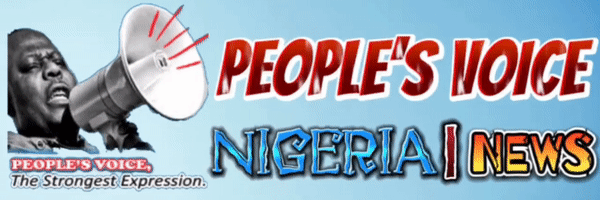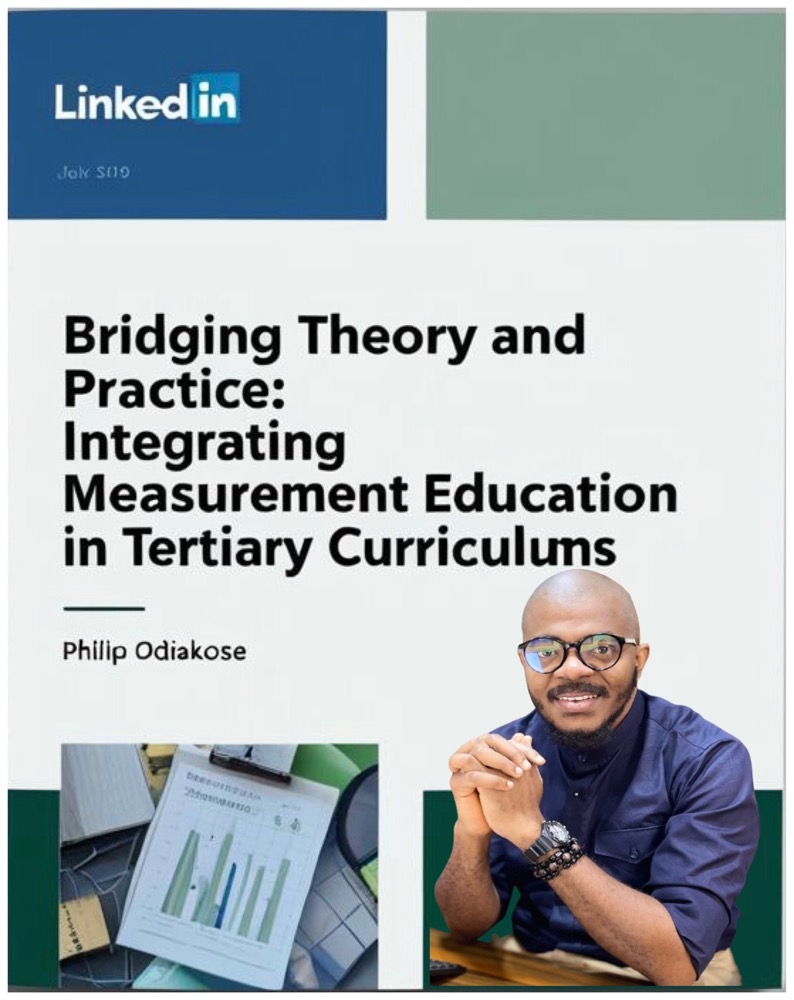Bridging Theory and Practice: Integrating Measurement Education in Tertiary Curriculums
By People’s Voice Nigeria | News
As a public relations measurement and evaluation expert with more than a decade of experience advocating the integration of measurement and evaluation into communications and PR engagements, I have witnessed firsthand the knowledge gaps that exist in the field. These gaps are particularly evident in how PR professionals and agencies approach measurement and evaluation. The reality is that the acceptance and best practices of PR measurement and evaluation must start from the classroom. This is why I strongly believe that measurement and evaluation education must be integrated into the curriculum of Mass Communications, Public Relations, and Media departments in tertiary institutions. It is only through this structured education that we can begin to produce PR professionals who are future-ready, equipped with the technical know-how to design, measure, and evaluate campaigns effectively.
The absence of measurement and evaluation in the traditional curriculum of many institutions has created a disconnect between the theoretical knowledge taught in schools and the practical realities of the PR profession. Most PR graduates enter the field with a strong understanding of communication strategies but little to no knowledge of how to measure the success of those strategies or how to leverage data for impactful decision-making. Measurement and evaluation are not just add-ons; they are integral to ensuring accountability, transparency, and effectiveness in PR and communication efforts. Without a foundational understanding of how to measure impact, PR practitioners are left to rely on outdated metrics or superficial indicators that do not reflect true campaign performance.
In this regard, I must commend institutions that have made deliberate efforts to bring real-life and practical measurement experiences into the classroom. One standout example is Covenant University in Ota, Ogun State, Nigeria. Over the years, I have had the privilege of working with the Communications and Media Studies Department, thanks to Dr. Kehinde Oyesomi, who has consistently provided opportunities for her students to learn the basics of measurement and evaluation. This hands-on approach equips students with the analytical mindset required to thrive in the PR and communications industry. By exposing students to real-world applications of measurement, institutions like Covenant University are raising a generation of practitioners who will be better prepared to navigate the complexities of the industry.
Another commendable example is the initiative by the NIGERIAN INSTITUTE OF PUBLIC RELATIONS, LAGOS (Lagos NIPR), which integrated measurement and evaluation education into its curriculum in 2017. This forward-thinking move was driven by a partnership between P+ Measurement Services and the NIPR Lagos leadership at the time, under the chairmanship of Segun Mcmedal. It is encouraging to see that this initiative has been sustained by the current chairperson, Madam Comfort Obot Nwankwo, reflecting a commitment to continuous learning and professional development. However, this effort must go beyond the Lagos chapter; it is my hope that the Nigerian Institute of Public Relations, under the leadership of Dr. Ike Neliaku, will recognize the importance of adopting measurement and evaluation as an integral part of the institute’s curriculum nationwide.
Education is the foundation of knowledge and practice. In the same vein, it is the starting point for the usage, integration, and acceptance of PR measurement and evaluation as a core function within the industry. Without education, we risk perpetuating the cycle of ignorance, where PR professionals fail to understand the value of data-driven insights and fall back on outdated or ineffective practices. To address this, the measurement community must actively champion education as a means to bridge the gap between theory and practice. This is why global initiatives like AMEC Measurement and Evaluation Education Hub under the leadership of Johna Burke are so vital. As a founding member of #AMECLabInitiative, I am proud to be part of a mission that focuses on skill development, career progression, and knowledge sharing within the global measurement community. AMEC’s efforts to promote education in measurement and evaluation for public relations and communications are critical to ensuring that best practices are not only adopted but also sustained across the industry.
The value of measurement cannot be overstated. It is both the science and the art of public relations, providing a framework for accountability and a pathway to continuous improvement. However, to achieve this, we must first address the root of the problem: the lack of formal education in measurement and evaluation. By integrating it into the curriculum of universities and professional bodies, we are not only equipping students with the skills they need to succeed but also ensuring that the industry as a whole evolves to meet the demands of a data-driven world. As I often say, “Education is the beginning, the middle, and the end of the acceptance and best practices of measurement.”
In conclusion, I call on tertiary institutions across Nigeria to embrace the integration of measurement and evaluation into their Mass Communications, PR, and Media curriculums. This is not just about equipping students with technical knowledge; it is about shaping the future of the PR profession. Measurement and evaluation are not static; they are dynamic, evolving with trends, tools, and technologies. By embedding this education into the classroom, we are creating a pipeline of professionals who are not only skilled but also adaptable, innovative, and ready to lead. The future of PR measurement and evaluation lies in education, and it is up to us as practitioners, educators, and industry leaders to ensure that this foundation is built strong and sustained for generations to come.


